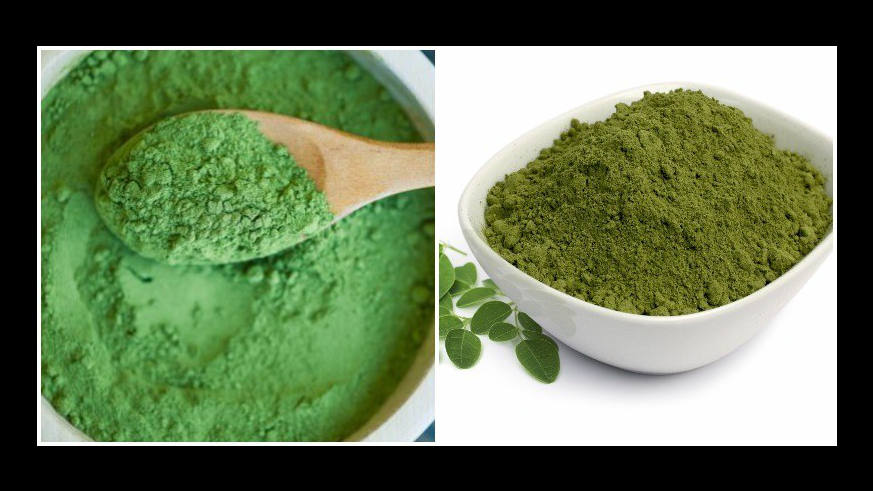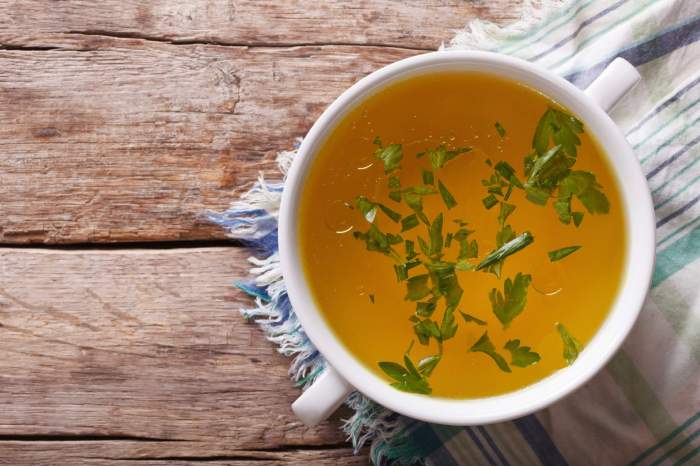Move over quinoa. Matcha, you had your moment in the sun. Superfoods (we see you, turmeric) are bowing down to the next kale, moringa.
What is moringa?
Besides your next superfood obsession? Moringa oleifera is also called drumstick tree, horseradish tree, ben oil tree or benzoil tree.
Not just super because of its nutritional value, this “multi-vitamin in a leaf” comes from a fast-growing drought-resistant tree that provides food, external cleansing, herbal medicine and helps avoid soil erosion in tropical climates.
The drumstick tree is native to the southern Himalayas and grown in places like India, Indonesia, Thailand and Africa as a food source. The leaves, roots, seeds and seedpods (called drumsticks) are all edible. Like many of our “new” superfood fads, moringa has been around for a long time. If you don’t know much about this protein-packed plant, it’s time to embrace the green.
Benefits of moringa
– The deciduous leaf balances blood sugar levels, according to studies, and even has a positive effect on postmenopausal women. Called the “miracle tree,” it is used to augment breast milk in lactating mothers.
– Beta-sitosterol in moringa blocks “bad” cholesterol (LDL) and acts as an anti-inflammatory, which could help people with allergies.
– A study found that even with a high-fat diet, this superfood among superfoods decreased the high-fat diet-induced increases in serum, liver, and kidney cholesterol levels by 14 percent, more than 6 percent and 11 percent respectively.
– A 2015 study published in Oncology Letters touts moringa as a potential anticancer drug. Researchers tested the effects of several doses of a water-soluble extract from the leaves on human liver and lung cancer cells for two days and found about 97 percent of the cells exhibited cell death at the highest dose.
– According to WebMD, moringa is used to treat anemia, headaches, kidney stones, thyroid disorders and all kind of infections. Bonus: Moringa is used as an aphrodisiac. (Being healthy just got sexier.)
– Topical uses include use as an astringent and treatment for athlete’s foot, dandruff, gingivitis, snakebites and warts.
– Only four percent of Americans are eating enough vegetables, according to a report from the National Fruit and Vegetable Alliance. Kuli Kuli, started by a former Peace Corps volunteer, is one company that produces moringa products. One spoonful of Kuli Kuli green powder counts as a full serving of vegetables. And the powder makes it an easy way to slip vegetables into the diets of the most finicky eaters.
Moringa nutritional information
– With 25 percent plant protein, moringa sounds like a great option for vegans or vegetarians. It includes all 9 essential amino acids.
– It also has 31 percent fiber, which helps you feel fuller and revs up your metabolism increasing weight loss. Fiber could also help clean up your intestinal tract by drudging out any waste and giving your colon a workout to prevent certain cancers.
– Moringa contains almost 47 percent of the daily iron requirement (25 times more than spinach), 19 percent of magnesium and nearly 33 percent of the recommended daily dose of vitamin A (10 times more than carrots).
– With about 17 percent of the recommended value of vitamin E, one could make an argument that the vitamins and antioxidants in this wonder plant could help combat aging. Moringa is an ingredient in some skin care products and a concentration of 3 percent used for three months led to improvements in skin volume, roughness, scaliness, smoothness and wrinkles, according to a 2014 study.
– Moringa also has 17 times more calcium than milk, seven times more vitamin C than oranges, 15 times more potassium than bananas and nine times more protein than yogurt, according to a study.
How to add moringa to your diet
Despite being a plant and tasting a bit herbal, foods leveled up with some green powder won’t make you feel like you’re chewing on grass clippings like spirulina might. Besides being able to add the naturally gluten-free powder to popsicles, smoothies and savory dishes, companies like Kuli Kuli sell ready-to-use non-GMO vegan products like tasty bars (Thanks for letting us sample, Kuli Kuli!), herbal teas and green energy shots in flavors like ginger lemon or coconut lime. (Ginger + a caffeine shot + 1/2 cup of leafy greens = the highest of fives and all the emojis.)
Kuli Kuli also sells green powder, which can be used in a variety of recipes. Check out these tasty ideas:
– Freezable vegetable empanadas.
– Moringa mint chocolate chip ice cream.
– Caffeine-free moringa latte.
– Banana nut bread, or
– Moringa spinach guacamole and chips.
– Add it to recipes like this chocolate pudding.
– Using the stalks, make soup.
























